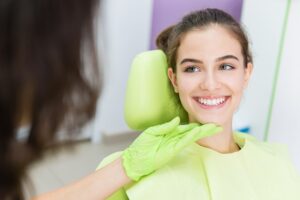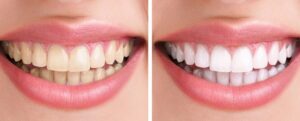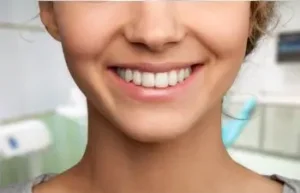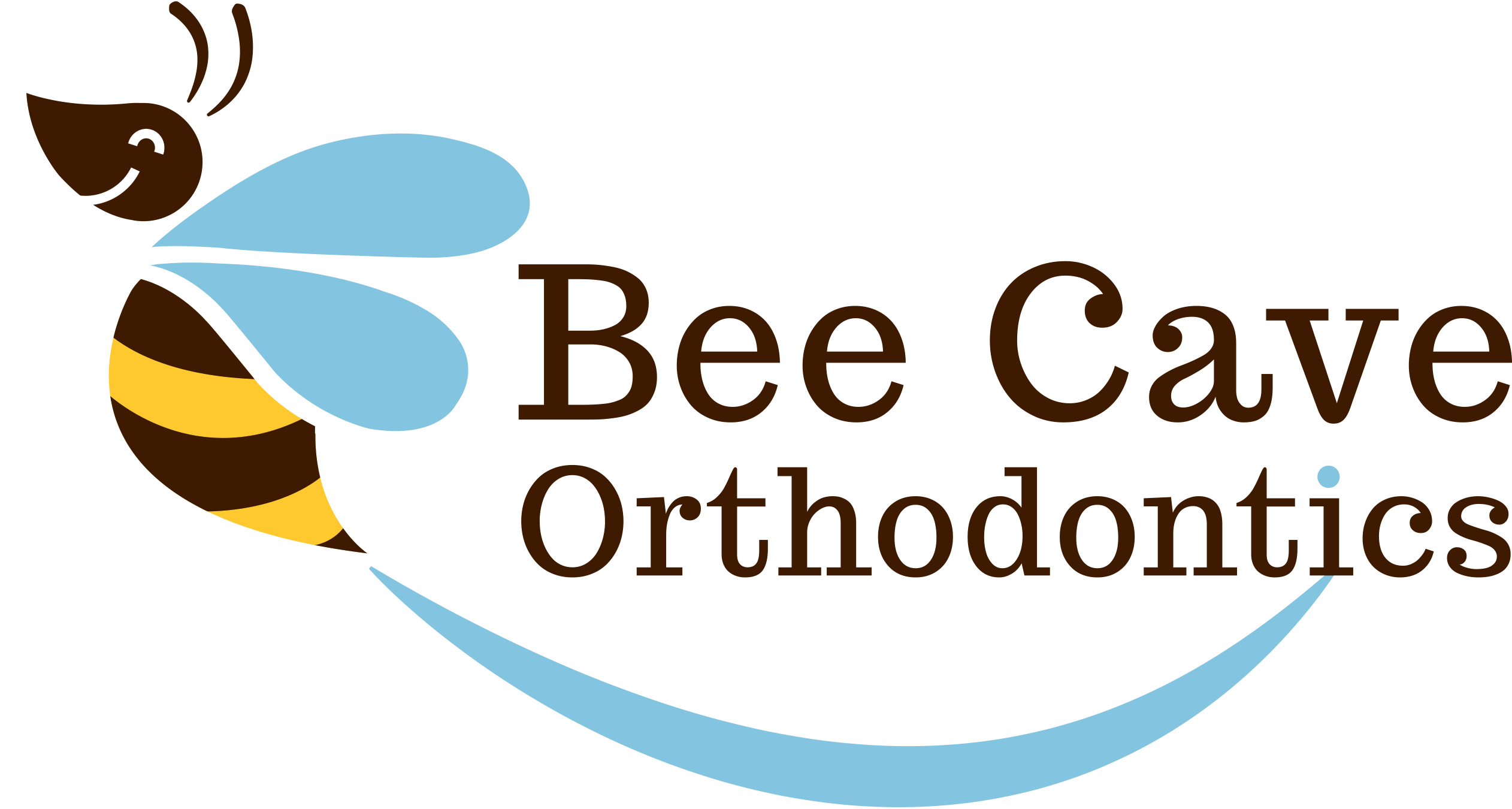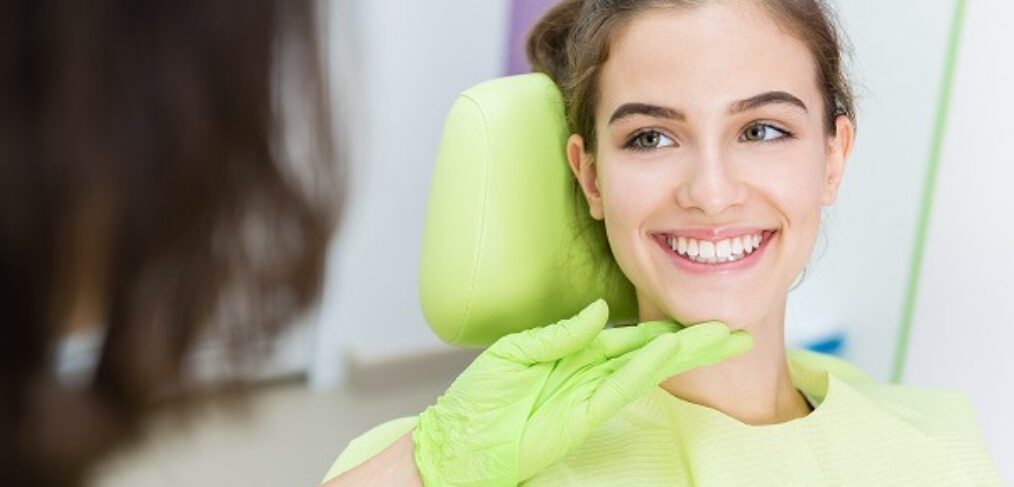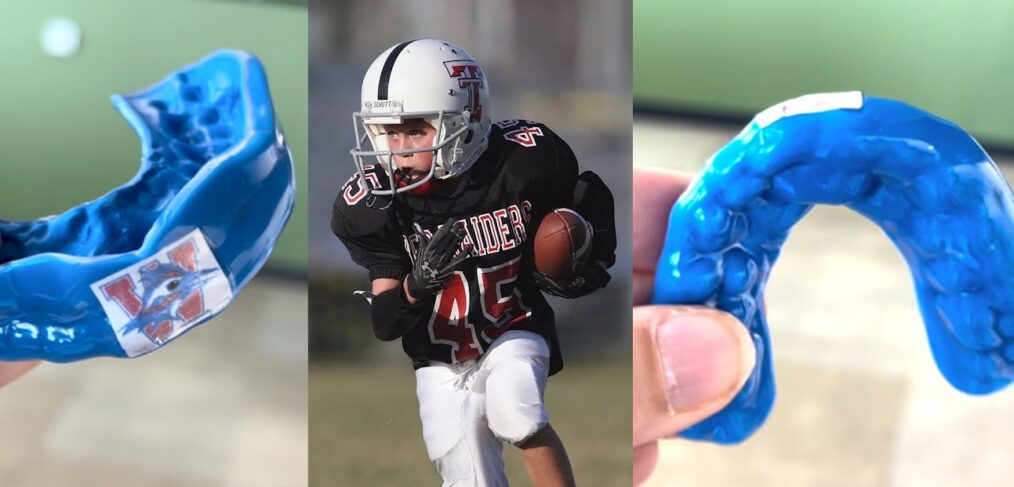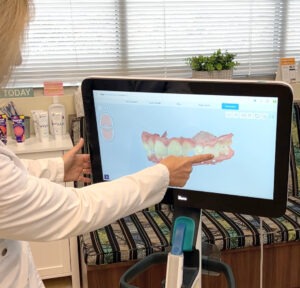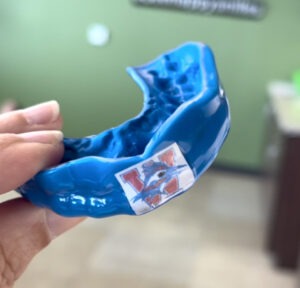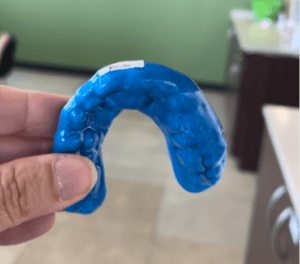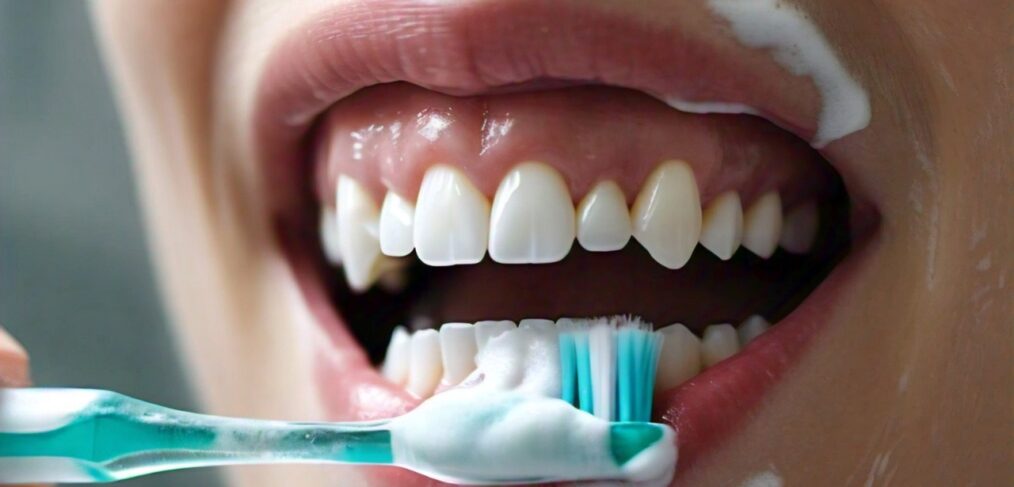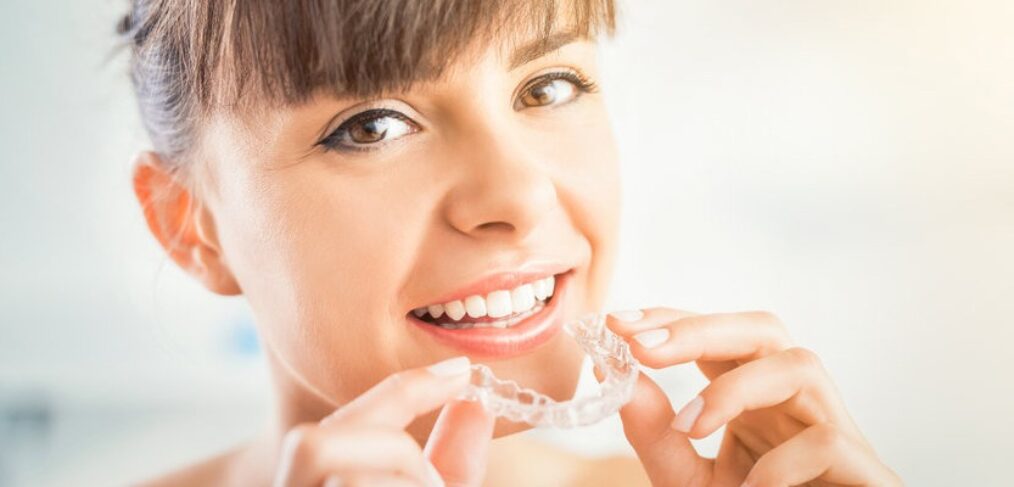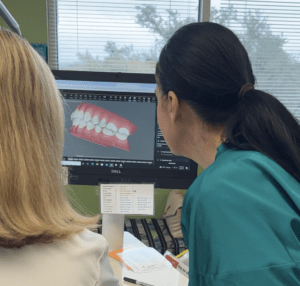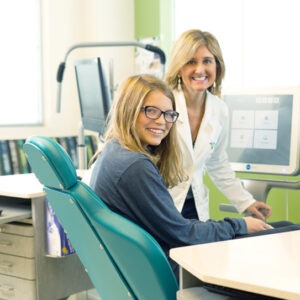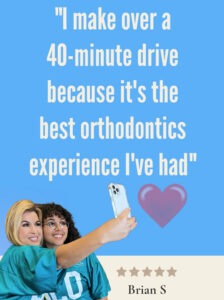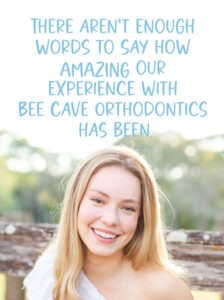A meta-analysis reports that toothbrushing reduced the risk of hospital-acquired pneumonia among ICU patients, hinting at the whole-body impacts of oral hygiene.
A meta-analysis reports that toothbrushing reduced the risk of hospital-acquired pneumonia among ICU patients, hinting at the whole-body impacts of oral hygiene.
We’re sharing this excellent article written by Peter Attia MD
Oral hygiene is a necessary but Sisyphean task. As soon as you finish brushing your teeth, the oral microbiome begins to repopulate and reform biofilms, a process that is kept in check with a twice-daily routine. But this constant battle against bacteria may have profound impacts for health well beyond the teeth and gums.
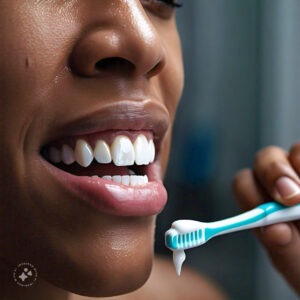
Certain circumstances can, at times, prevent some individuals from brushing their teeth. As an extreme example, someone in the ICU on a ventilator would not be able to brush their own teeth for days or potentially weeks. Such cases presented the authors of a recent meta-analysis with an opportunity to investigate whether the introduction of toothbrushing interventions might correspond to better health among ICU patients.¹ In particular, they focused their attention on incidence rates of hospital-acquired infections, as ICU patients are known to be at increased risk of acquiring infections like pneumonia. While the vast majority of us hopefully will not find ourselves on ventilators in the ICU in the near future, this study is illustrative of how the mundane habits of brushing (and flossing) are important for the overall health of every individual.
Hospital-acquired infections
One of the most common hospital-acquired infections is hospital-acquired pneumonia (HAP), a severe, sometimes fatal, lung infection that affects about 300,000 people in the U.S. each year. Although anyone admitted to the hospital for 48 hours or more can get pneumonia, the highest incidence is reported in the ICU, where anywhere from 12-29% of patients contract HAP, of which 90% is ventilator-associated pneumonia (VAP). All-cause mortality associated with VAP is estimated to be between 20-50%. The lower end of this range (~20%) may underestimate true VAP mortality, since another 60% are released to long-term care facilities, including hospice.2,3
Analyses of the bacteria in the mouth and lungs of patients with VAP support the hypothesis that one of the causes of VAP (and perhaps of other types of HAP as well) is the aspiration of small amounts of oral bacteria.4 The most critically ill patients aren’t likely to be able to brush their teeth, which allows an overgrowth of bacteria, and any impairment in swallowing (i.e., from a ventilator) means a greater chance of inhaling small amounts of bacteria-containing saliva. Therefore, this recent meta-analysis pooled fifteen studies to evaluate HAP incidence with a toothbrushing intervention, a known strategy to break up oral biofilms and reduce oral bacterial load.
What did the study find?
The pooled analysis included a total of 2,786 subjects, mostly in an ICU setting, with patients who had either oral or nasal intubation. Since the most common form of oral care for patients receiving mechanical ventilation is mouthwash treatment with the antiseptic chlorhexidine, chlorhexidine was used in both the toothbrushing and control groups in eleven of the fifteen studies. The remaining four studies used either plaque-removing toothpaste, saline, povidone-iodine (another antiseptic), or purified water for both groups.
Although chlorhexidine and other antiseptics can help control the growth of bacteria, randomized trials to date have not been able to demonstrate a decrease in VAP from this type of care. In contrast, this present study reported that subjects randomized to a toothbrushing intervention had significant, 33% lower HAP risk (RR=0.67, 95% CI: 0.56-0.81) than controls, and this was driven by a reduction in VAP rates (RR=0.68, 95% CI: 0.57-0.82). It has been proposed that mechanical scrubbing via toothbrushing is more effective at disrupting plaque than an antiseptic rinse alone. The relative 32% reduction in the incidence of VAP translates to one fewer VAP case for every 12 patients receiving toothbrushing treatments. Even by a low estimation of 20% VAP mortality, this would reduce VAP mortality to 13.6%, resulting in about 17,000 fewer deaths each year. Non-ventilator HAP trended towards favoring a toothbrushing intervention but did not reach statistical significance, since there were five total cases of HAP across both the experimental and control groups in only two of the 15 studies.
Of note, subanalyses showed no additional benefit of toothbrushing more than twice per day. So an intervention of twice-per-day toothbrushing by non-dental nursing staff was deemed sufficient to maximize reductions in the incidence of VAP.
Additional benefits of toothbrushing
A reduced risk of severe infection would be a sufficient outcome on its own, but other benefits were also observed in the toothbrushing intervention groups. Toothbrushing was associated with extubation 1.24 days sooner (95% CI: -2.42 to -0.06 days) and a 1.78-day shorter ICU stay (95% CI: -2.85 to -0.70 days). Toothbrushing was also associated with a 19% reduction in ICU mortality (RR=0.81; 95% CI: 0.69-0.95), but this effect did not remain significant in the sensitivity analysis of the four low-bias studies reporting this outcome. Unlike the relationship between oral bacteria and VAP, there may not be an obvious direct link between toothbrushing and ICU stay or mortality, but it nevertheless suggests that oral health impacts systemic health.
Oral hygiene is important for everyone
Mounting evidence indicates that oral health is connected to other chronic diseases, including cardiovascular disease and Alzheimer’s disease (AD). While HAP or VAP might not be concerning for most individuals, general poor oral health eventually leads to chronic periodontal disease (i.e., advanced gum disease), the most prevalent chronic infection, which affects 46% of adults in the US. Periodontal disease is associated with a 3.5-fold increase in the risk of atherosclerotic cardiovascular disease (ASCVD) and a 1.7-fold increase in the risk of Alzheimer’s disease.5,6 This could be because these diseases share common pathways (e.g., inflammation), but the gram-negative bacteria found in periodontitis are also known to penetrate the vascular endothelium and cause endothelial dysfunction. These bacteria have been found at distant sites in the body including aortic plaques and some brains of AD patients, suggesting that the presence of dental diseases could at the very least fuel the progression of other chronic diseases, even if it does not initiate them.7
A routine of toothbrushing twice per day and flossing daily, along with regular visits to the dentist for professional cleaning, is the best way to prevent the build-up of bacteria-containing plaques and tartar. Given the accessibility of preventative habits with limited adverse outcomes, oral health should be a priority, whether dental diseases are associated with – or causal of – other diseases.
Limitations of this study
Although oral health habits are important for everyone regardless of whether or not they are in the hospital, there are several limitations to the trials included in this analysis. Conducting a double-blind trial for this type of intervention is impossible, as the staff will know which intervention is performed on each patient. This means there is a possible bias in the care by the nursing staff, such as extra vigilance for aspiration or better overall care of patients receiving the intervention. Many of these studies blinded the authors who performed the analysis instead to minimize the introduction of bias.
Another source of bias is that the included studies were heterogeneous for the country, nursing protocols, and adjunct measures. It is possible that toothbrushing reduced VAP despite these differences, but it cannot be ruled out that another form of care may have contributed to the apparent reduction in VAP incidence. Most of the included studies compared toothbrushing with antiseptic mouthwash to mouthwash alone, but none added flossing as an additional part of the regimen. Flossing is arguably just as important as brushing, and so it is possible that there could be an even greater impact of oral hygiene on the morbidity and mortality from VAP if both toothbrushing and flossing had been included in the interventions.
The bottom line
For critically ill, hospitalized patients, a relatively simple intervention of toothbrushing reduced the risk of hospital-acquired pneumonia. Toothbrushing also had broader implications for recovery, reducing overall time of ventilation and ICU stay, demonstrating that at minimum, oral health is a barometer for overall health, and in all likelihood, has systemic effects. Although broader implications of oral health in chronic disease are not fully understood, even the possibility of poor oral health contributing to chronic disease should be a motivation for everyone to maintain an oral hygiene routine, particularly given the minimal downsides. At the very least, doing so will certainly help to prevent gum disease, and at best, it might have meaningful, positive impacts on whole-body health. A further reminder that a little prevention can go a long way.
References
- Ehrenzeller S, Klompas M. Association between daily toothbrushing and hospital-acquired pneumonia: A systematic review and meta-analysis: A systematic review and meta-analysis. JAMA Intern Med. 2024;184(2):131-142. doi:10.1001/jamainternmed.2023.6638
- Kalil AC, Metersky ML, Klompas M, et al. Management of Adults With Hospital-acquired and Ventilator-associated Pneumonia: 2016 Clinical Practice Guidelines by the Infectious Diseases Society of America and the American Thoracic Society. Clin Infect Dis. 2016;63(5):e61-e111. doi:10.1093/cid/ciw353
- Shah H, Ali A, Patel AA, et al. Trends and Factors Associated With Ventilator-Associated Pneumonia: A National Perspective. Cureus. 2022;14(3):e23634. doi:10.7759/cureus.23634
- Bahrani-Mougeot FK, Paster BJ, Coleman S, et al. Molecular analysis of oral and respiratory bacterial species associated with ventilator-associated pneumonia. J Clin Microbiol. 2007;45(5):1588-1593. doi:10.1128/JCM.01963-06
- Cichońska D, Mazuś M, Kusiak A. Recent aspects of periodontitis and Alzheimer’s disease-A narrative review. Int J Mol Sci. 2024;25(5):2612. doi:10.3390/ijms25052612
- Gianos E, Jackson EA, Tejpal A, et al. Oral health and atherosclerotic cardiovascular disease: A review. Am J Prev Cardiol. 2021;7(100179):100179. doi:10.1016/j.ajpc.2021.100179
- Siddiqui H, Eribe ERK, Singhrao SK, Olsen I. High throughput sequencing detect gingivitis and periodontal oral bacteria in Alzheimer’s disease autopsy brains. Neuro Research. 2019;1(1):3. doi:10.35702/nrj.10003
